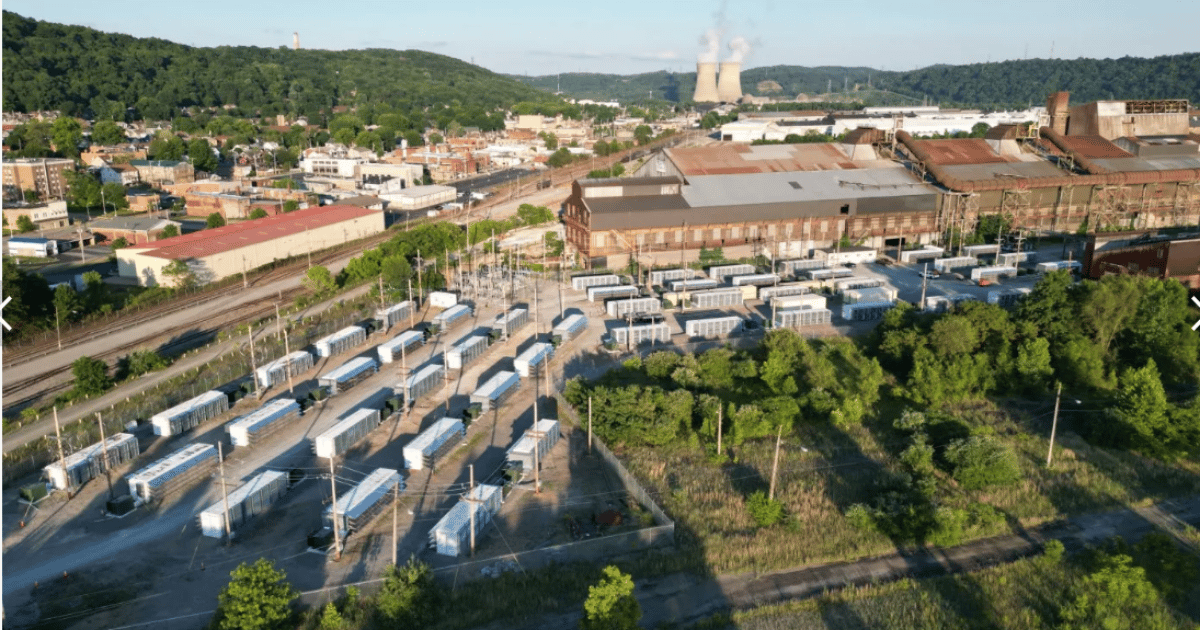- LinkWave
- Posts
- AI Revolutionizes Real Estate: Unveiling New Opportunities
AI Revolutionizes Real Estate: Unveiling New Opportunities
The rise of artificial intelligence is reshaping real estate, driving increased demand for data centers and influencing site selection and power resource allocation.

The rapid advancement of artificial intelligence (AI) is significantly impacting various industries, with the real estate sector experiencing notable transformations. A key development is the surging demand for data centers, as AI applications require substantial computational power and storage capabilities. This trend is prompting developers to seek suitable sites and secure substantial power resources to accommodate the growing infrastructure needs.
The AI-Driven Surge in Data Center Demand
AI applications, particularly in machine learning and data analytics, necessitate robust data processing capabilities. This requirement has led to a marked increase in the establishment of data centers globally. For instance, companies like Keppel Corp have reported significant profit increases due to heightened demand for data centers, especially in the Asia-Pacific region.
In the United States, developers are proactively addressing the energy demands of new data centers. A notable example is in New Albany, Ohio, where plans have been filed to construct a natural gas-fired plant dedicated to powering a data center. This initiative underscores the lengths to which developers are going to ensure adequate power supply for these energy-intensive facilities.
Implications for Real Estate Development
The burgeoning need for data centers is reshaping real estate development strategies. Key considerations include:
Site Selection: Proximity to reliable power sources and advanced connectivity infrastructure is becoming a critical factor in site selection for new data centers.
Power Resource Management: Securing substantial and sustainable power resources is essential, leading to innovative solutions such as on-site power generation to meet energy demands.
Sustainability Initiatives: There is a growing emphasis on integrating renewable energy sources and implementing energy-efficient designs to minimize the environmental impact of data centers.
These factors are influencing real estate developers to adapt their approaches, ensuring that new developments can support the specific requirements of data center operations.
Challenges and Considerations
While the expansion of data centers presents significant opportunities, it also brings challenges:
Energy Consumption: The substantial power requirements of data centers can strain local power grids, necessitating investments in energy infrastructure and consideration of alternative energy sources.
Environmental Impact: Addressing the carbon footprint of data centers is crucial, prompting the adoption of green building practices and sustainable energy solutions.
Regulatory Compliance: Navigating zoning laws, environmental regulations, and energy consumption standards requires careful planning and collaboration with regulatory bodies.
Developers must carefully navigate these challenges to successfully integrate data centers into their real estate portfolios.
Parting Words
The integration of AI is opening new frontiers in real estate, particularly with the surging demand for data centers. Developers are actively seeking suitable sites and substantial power resources to accommodate this growth.
Subscribe to our newsletter for the latest insights into how AI is transforming the real estate landscape.
Sell Smarter with Fyxer AI
Fyxer is the AI Executive Assistant for busy property specialists:
Emails organized.
Personalized replies written in your tone.
Detailed notes from every meeting.
Less time on admin, more time on deals.

Reply